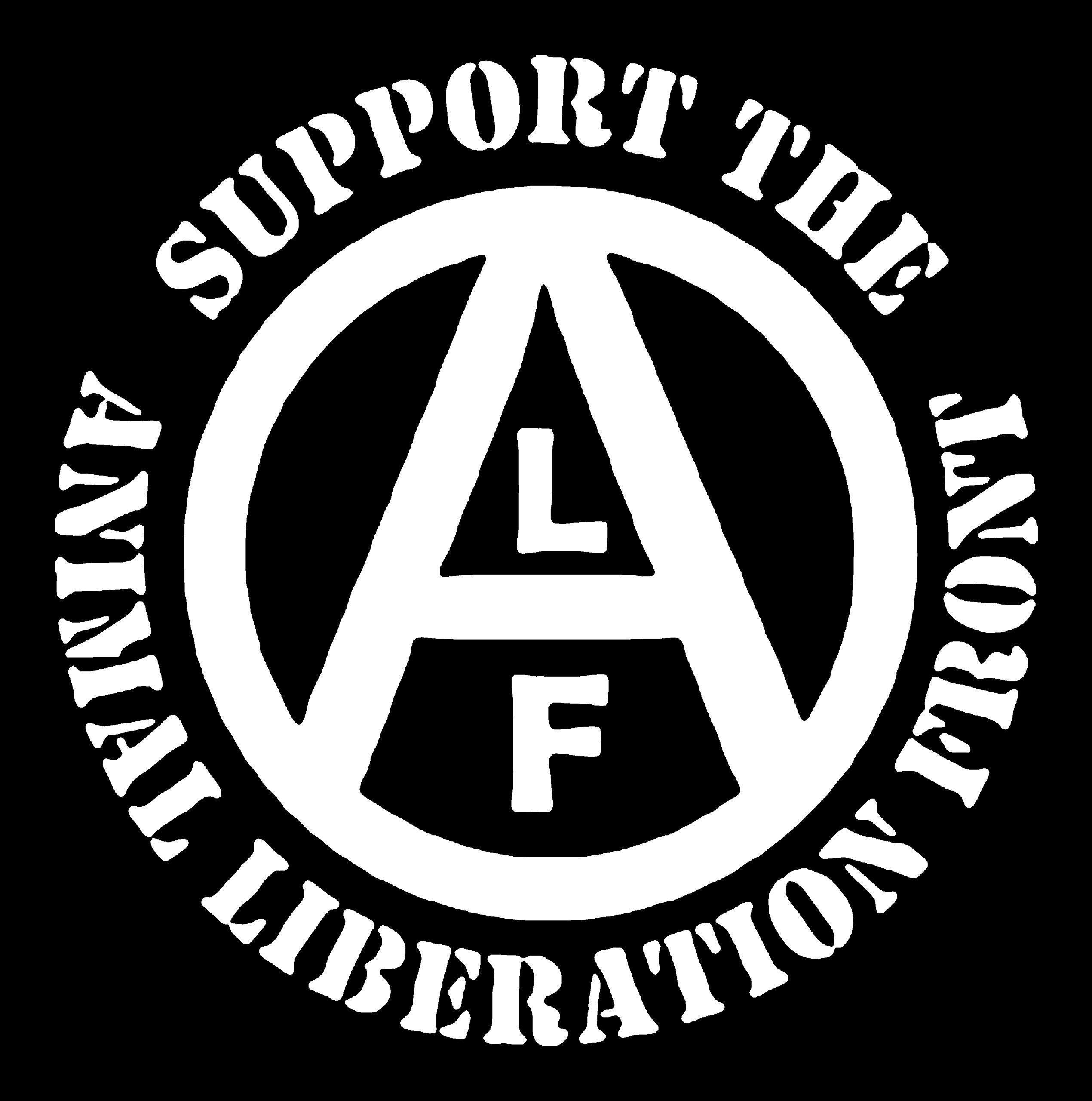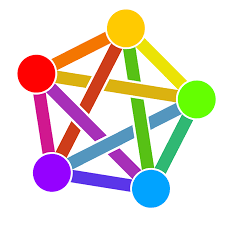ReadFanon [any, any]
I suck at replying. If I don’t reply I’m probably struggling with basic communication or my health. Don’t take it personally.
Multiple award-winning Hexbear effortposter 
- 89 Posts
- 1.8K Comments

 1·18 minutes ago
1·18 minutes ago‘Ten Days That Shook The World’ is good too
I got the BBC dramatisation of that here on TankieTube if you really want to make it feel like a story
 3·28 minutes ago
3·28 minutes agoNew Drop-In Peer Space server just announced! Check the post body for when it’s scheduled.
@Luna@hexbear.net
@whatnots@hexbear.net
@large_goblin@hexbear.net
@joaomarrom@hexbear.net
@grym@hexbear.net
@Beetle@hexbear.net
@SadArtemis@hexbear.net
@Edie@hexbear.net
@imogen_underscore
@DragonBallZinn
@moondog
@Dirt_Owl
@Cowbee
@TheSpectreOfGay
@damnatum_seditiosus

 9·2 hours ago
9·2 hours agoHow can you tell if someone’s vegan?
Don’t worry, you’ll know because everyone around them will be quizzing them on hypothetical questions like what they’d do if they were stranded on a deserted island that was somehow filled with animals yet devoid of any vegetable food source.

 2·2 hours ago
2·2 hours agoPeople can be pretty harsh. That’s not my style. Questioning someone’s commitment to their political beliefs doesn’t achieve much besides creating enmity.
I prefer to have more open discussions and to invite people to develop from where they are currently to something more advanced by getting them to hash out the contradictions with themselves.
Some people here might come at you a bit strong but it depends on your tone. If you’re telling others what to do, what not to do, or what to believe then that’s going to attract strong negative reactions. If you tell people “You shouldn’t praise Stalin - he was a vicious monster” you’re inviting yourself to get roasted. If you approach it from a place if genuine curiosity with openness and honesty, and especially humility, you’ll get a much better response e.g. “I guess I’ve only ever been exposed to people telling me that Stalin was a vicious monster so I’m kinda surprised to see someone say this about him. Can you tell me more about how you came to your understanding of him?”
You don’t have to agree. You don’t have to know. But if keep your ego in check and show a willingness to be humble and to learn then you’ll be fine.

 11·2 hours ago
11·2 hours agoAccuse other people in the room of being libs. Accuse yourself of being a lib. But especially accuse him of being a lib for agreeing to go on a date with a lib.

 6·2 hours ago
6·2 hours agoI’d lean into being honest. Don’t get so caught up in your own head that you start using the date like free therapy but, like, I’ve found that disarming honesty is a good way to connect with others and to help ease the tension and stuff.
It requires at least some self-restraint, at least for me because I’m a chronic overthinker (I’m not sure if that’s something people here would have noticed yet /s)
Self-pity is not really endearing so try not to veer into that but if I were in your shoes and he asked me “How are you?” I’d probably chuckle and say “I’m incredibly nervous” but in a playful way - not in a boohoo-poor-me 😭😭 way but just naming the elephant in the room and being playful about it.
It might be that I come from a culture that values banter but the ability to joke about things and to be very incisive with your honesty here is valued quite highly.
Chances are that he’s gonna be feeling nervous himself and if you say that you’re feeling nervous then it’s going to give him the chance to breathe out and be like “Yuuup, me too haha”
I think in some ways it signals that you are a good communicator and you’re able to talk about the difficult topics and you’re capable of dealing with tricky emotions with a degree of tact etc. I guess for some people they look for suaveness and someone who is effortlessly confident. I don’t have those things so I play to my own strengths but also I try to attract in the people who vibe with the kind of person I am.
You might have the urge to use a lot of praise but I’d say be reserved in how much you give. Not in a treat-em-mean-keep-em-keen way but just in the sense that being too effusive with praise can feel like flattery and it can, ironically, create a distance with the other person because it might seem a bit desperate or over the top. Praise should feel earned by the other person and it should feel like it’s coming from someone who genuinely knows them or otherwise it can feel uncomfortably like worship. With that in mind, qualifying statements are your friend when giving compliments at this stage: “You seem like such a sweet person” is good whereas just straight up saying “You are such a sweet person” might feel on the receiving end as being a little like “But hang on, you barely even know me…”
I often tend to compliment behaviours over the person until I feel there’s enough connection and I know enough of the person to praise who they are directly, so that would look like saying “Oh my God, that’s so sweet!” instead of saying you are.
But I come from a low-praise culture where people take a long time to warm up to others so that might not be applicable to your situation.
Try to be an accurate representation of yourself but put your best foot forward and try to keep the less flattering things about yourself a bit tucked away until there’s enough mutual connection that you can let him in to witness some of your deeper flaws and anxieties.
Don’t force things. He might not be attracted to you that way or he might not vibe with you and that’s okay. Don’t try and change yourself into someone you are not just to get other people’s approval or affection, that inevitably leads to disaster. You should do this with the hope that he will like you for who you are.
You got this. Congrats!

 2·3 hours ago
2·3 hours agoBro, I think we have front row seats to the collapse of the evil empire. That’s a rare thing and you just know it’s gonna be livestreamed the whole time.
I know it’s a weird sort of optimism but in our lifetimes you and I are likely to witness a massive event. I have endless solidarity for the people who are just completely over it all but I sincerely hope that you choose to stick around for the fireworks, if for not other reason.

 2·3 hours ago
2·3 hours agoI’m with you there. The ability to read tone and I are acquaintances but we never got close enough to become friends.
What I did is a pretty classic jaded autist joke - so often autistic people just take so many knocks with being misinterpreted that they can go a little bit jonkler mode about it so when they see something that can be wildly misinterpreted they sometimes do so just as a kind of deep satire, like saying “This whole over-interpretation of meaning thing sucks and there’s nothing I can do about it but at least I can laugh at it sometimes by misinterpreting someone else’s statement to mean something outrageous as a little in-joke to myself, if nothing more”

 7·7 hours ago
7·7 hours agoHe saw this coming, that’s why he exited the timeline

 2·7 hours ago
2·7 hours agoYou’re good I was just making a bad joke
That’s just what I’d expect to hear from a generation that got handed participation awards when they were babies simply for crawling
I feel like there’s pressure to legislate out developmental delays to reduce the cost of early childhood interventions that are required by the government or something. Both things could likely be true but I’ve seen these pivots before and it’s almost always done by governments to legislate away their responsibility by changing the definitions so that way they are controlling the demographic that is eligible for services and supports.
It’s like the government telling people who are wheelchair users but who are ambulatory 10% of the time that they no longer qualify for services and supports for wheelchair users since they are now, under the new legislation, technically not (and usually they use some really icky term that shows their hand like this) “complete wheelchair users”.
Very often the government in question will actually expand, or sometimes promise the expansion of, services and supports to the core demographic while excluding the rest to split people and to muddy the waters so they can say “We’re increasing the supports and services to wheelchair users!!” in promo material. If they haven’t written it into the budget or taken any steps to requisition funding for these “promised reforms”, they often will do shit like renege on the promise later or they’ll write it into the legislation for the next administration to foot the bill for once elected or they’ll find ways to revise the promise down as much as possible through consultations and shit to manufacture a mandate.
But what could be driving this sort of potential cost-saving measure? A mass disabling event perhaps? I think you nailed it there.

 4·11 hours ago
4·11 hours agoWhy? Because baby Jesus would see your act of violence against some little kid who just wanted to play music for him?
I could easily be convinced of this interpretation. Who knows for sure?
Anyway, I am glad I gave you the opportunity to tell someone that ;)
This historic moment is gonna be forever memorialised in my diary lol
Everybody in media criticism is all like “Death of the author” this, “Death of the author” that but nobody is asking who killed the artist 😡😡
I don’t disagree with you on this but, and this is a weird position for me as an autistic person to be in, I think you might be taking it a bit too literally? (Never thought that I, me, would get to be the one saying that to someone else)
Clearly the cat is very fantasy coded. It’s a talking cat which is wise.
I feel like this is a metaphor for the artist talking about something probably internal to them where the cat represents their composed, adult self and the child represents their inner child so this feels like an internal conversation within the artist being externalised.
Obviously that’s just how I’m interpreting it but it feels like the gloom is setting in on the artist who is, on one level, going “Welp, here we go again…” and on a deeper level the artist is saying “Wait, it’s coming back? Again? What are we gonna do?? 🥺”
My mental illness made me think this was about depression
(I know that sounds like a mildly offensive bit but that’s genuinely what happened for me)

 12·11 hours ago
12·11 hours agoI think we’re heading into the season which is a bounty of some of the worst songs in the world.
I haven’t worked in retail for so long but I still get the
thousand milethousand yard stare when the Christmas tunes start blaring.
(How do you do, fellow Americans? Today while driving my pickup truck down the freeway to the gun range this morning, I was eating my usual breakfast hamburger with Starbucks when a deer hit the hood of my car. The cops pulled me over, outraged at the harm I had caused to my car so they engaged in the typical amount of police brutality against me before I was rushed to hospital whereupon I was promptly declared bankrupt, so now I am suing the hospital, the police department, and the fish and wildlife service for damages. Just another day in America, amirite?)There’s only so many 8 hour shifts with a Christmas song rotation of like 20 songs that are all at best marginally better than this Christmas song.

















Audiobook available on TankieTube here